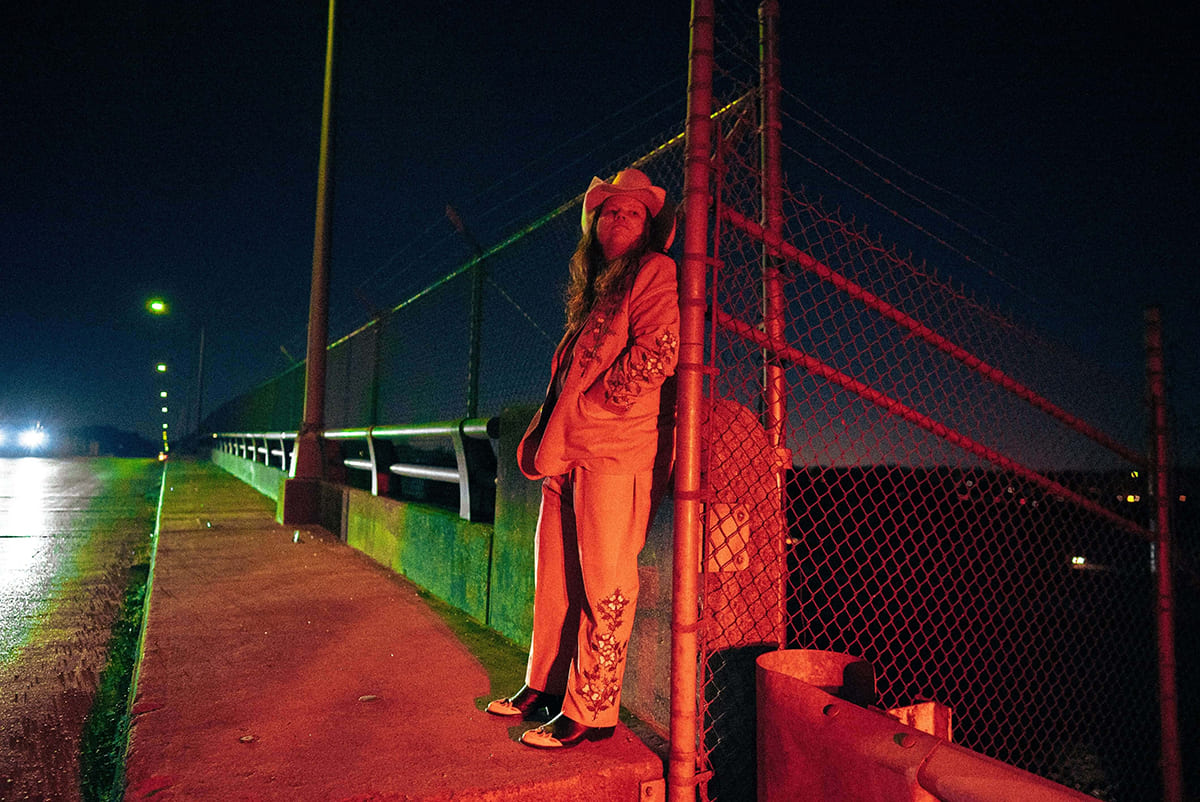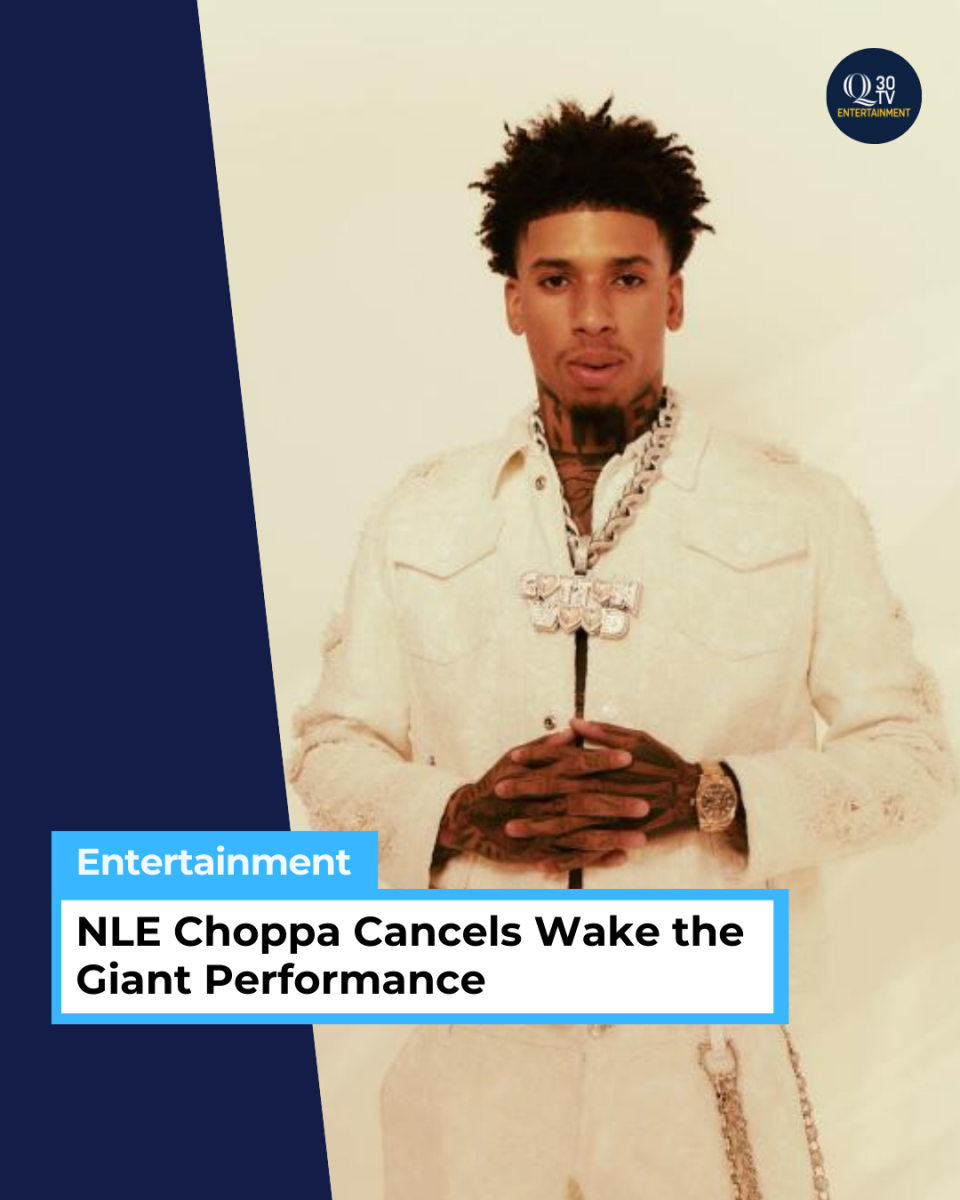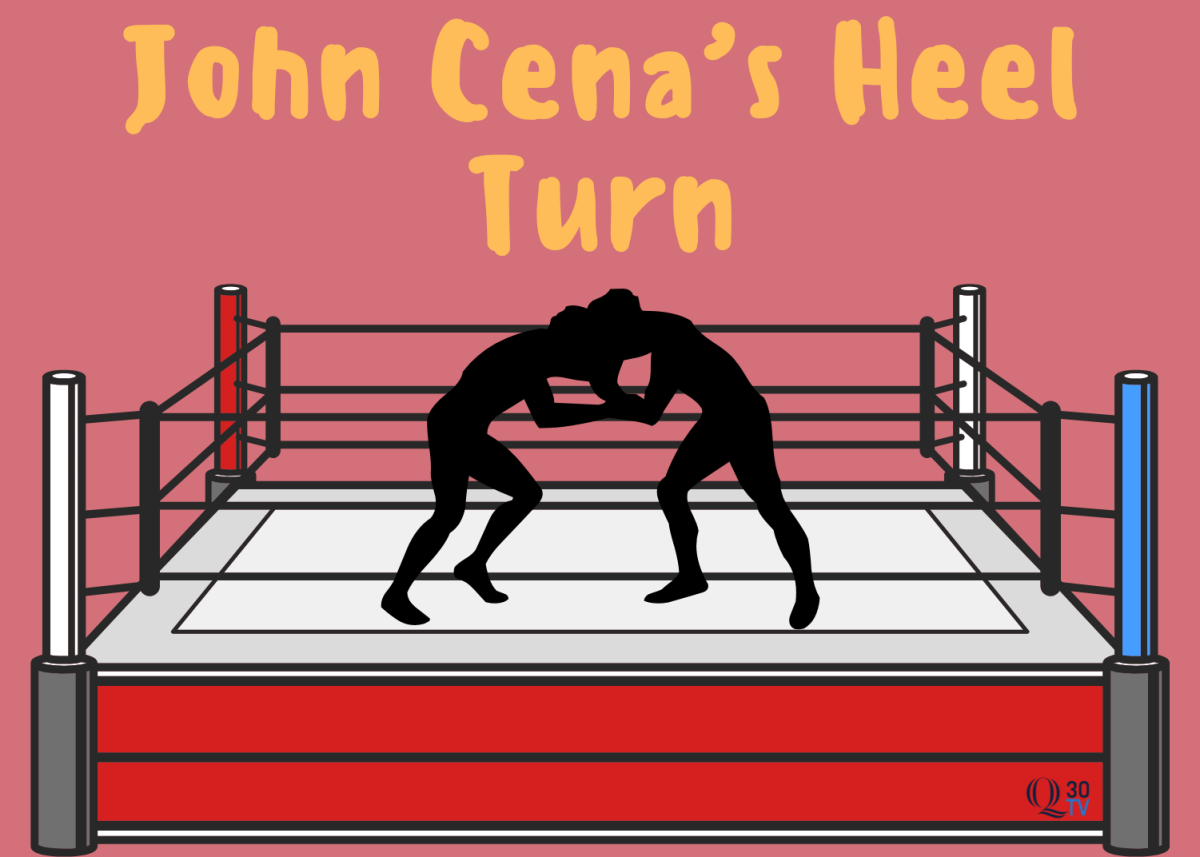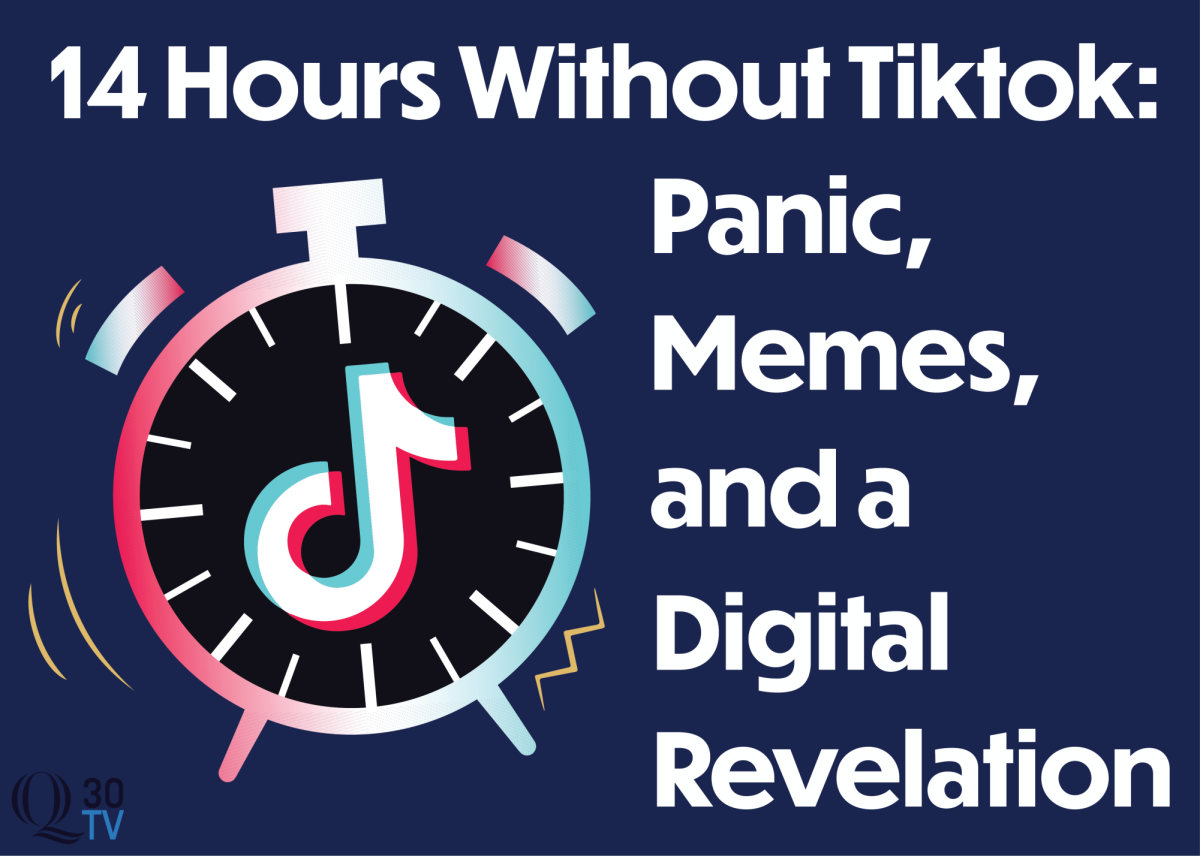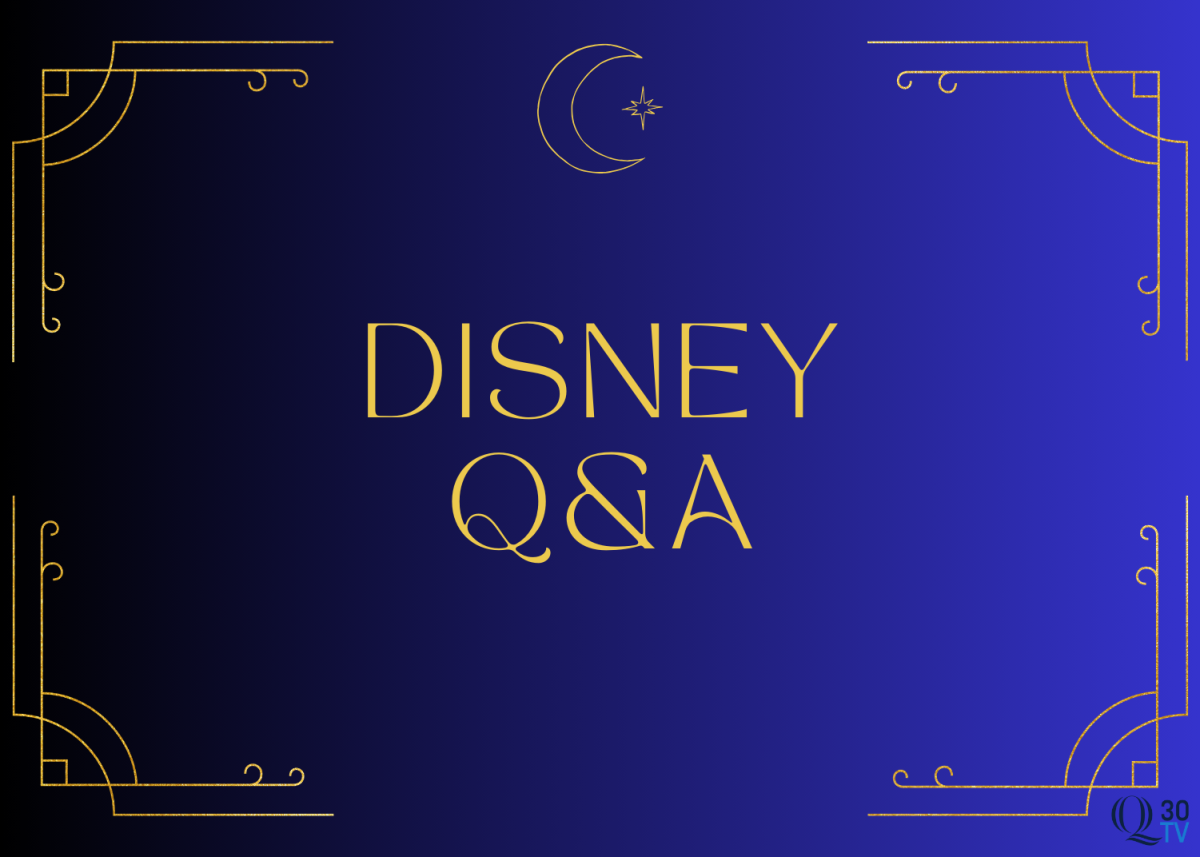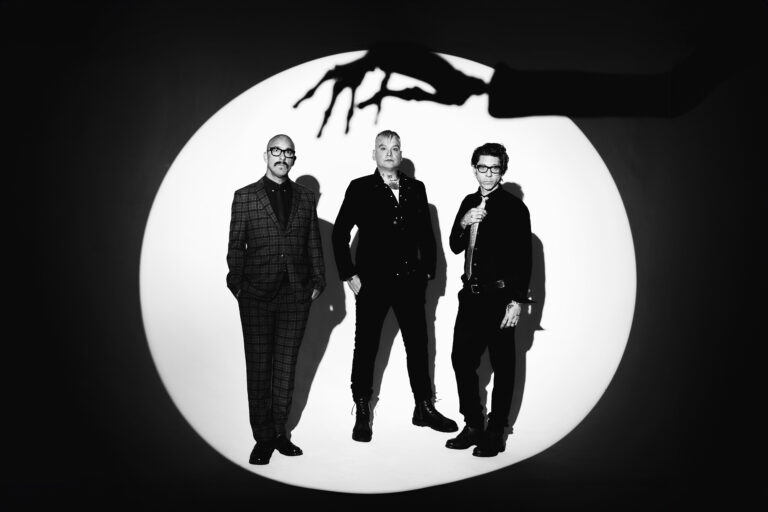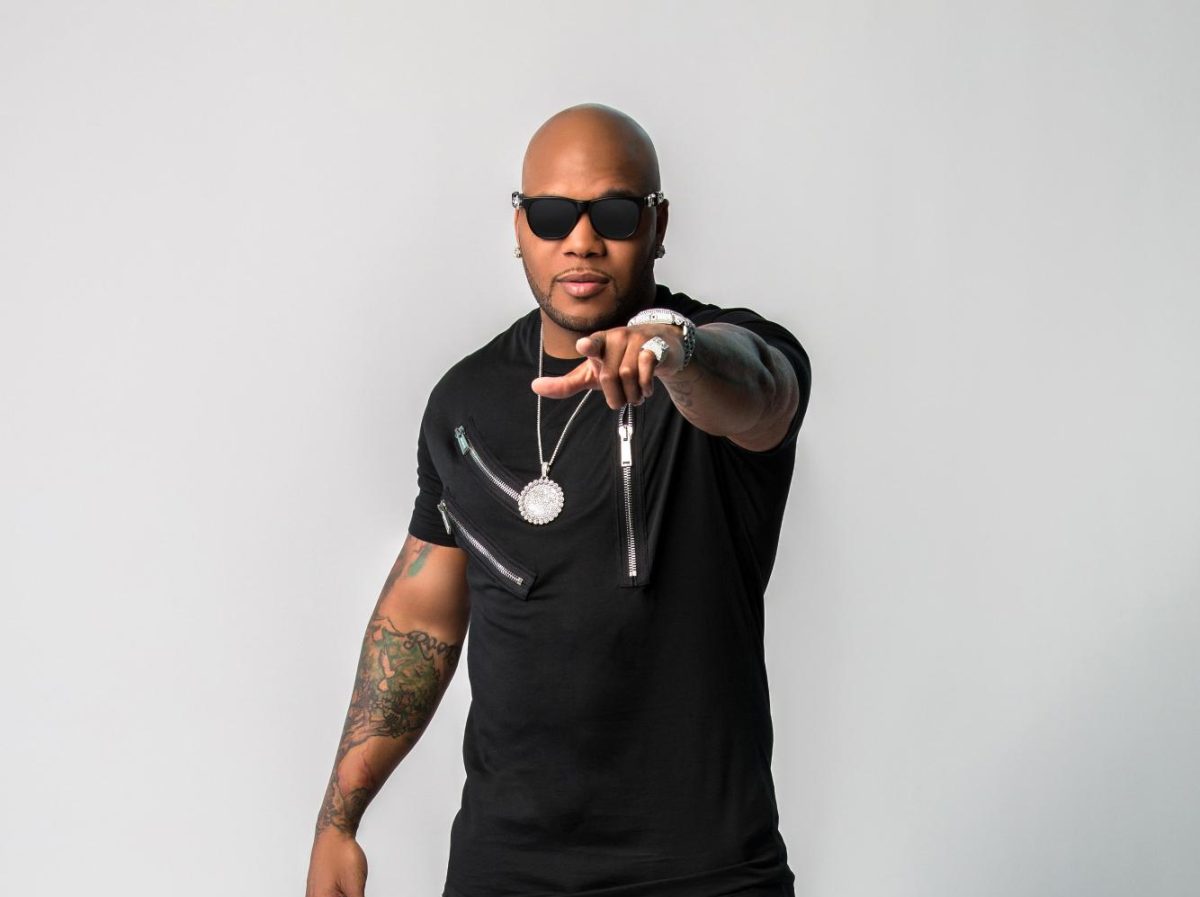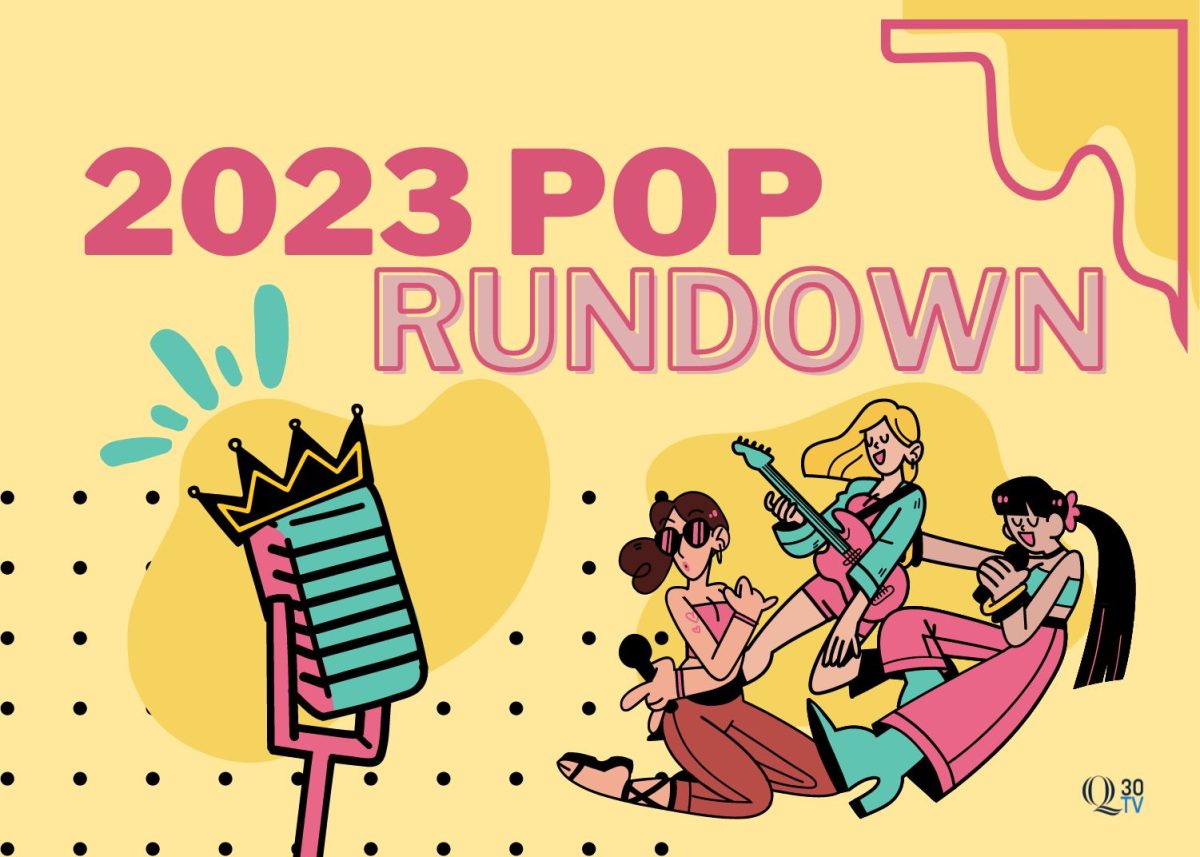Something is shifting in country music.
Over the course of a few years, a small batch of musicians have emerged who are willing to bring the heart and soul back to the genre. Among this group is Marcus King, a South Carolina native who effortlessly blends rhythm and blues with a southern rock sound.
After fronting his own band for years, King busted onto the scene as a solo artist with “El Dorado”, which was released in 2020. The debut album boasted a plethora of single-worthy tracks from boot-stomping songs like “The Well” and “Say You Will” to emotionally charged ballads like “Break” and “Wildflowers & Wine.” The dozen-song record brought King a Grammy nomination, as well as a new allegiance of fans from a multitude of genres.
In 2022, “Young Blood” saw King through his first major shift as an established artist. The album was grittier and had darker, more severe undertones than its predecessor. “Young Blood” was a reflection of King’s deteriorating mental state. During a nationwide tour plagued by heartache and substance abuse, the young artist was just about ready to call it quits.
“I had an escape route already decided for myself and a backup if that didn’t work,” King said in a statement released by Universal Music Group.
Shortly after, in a twist of fate, he was introduced to legendary producer Rick Rubin. According to King, this interaction changed the trajectory of his career and simultaneously saved his life.
“Rick’s a real sage and just a really wise dude,” King told Q30. “He helped me to dig deep and he helped me to put the audience last.”
It was with Rubin that King produced his third album, “Mood Swings”. Through Rubin’s guidance, King was able to tap into a state of radical vulnerability, which in turn allowed him to create his most personal album to date.
“Rick has a much more…philosophical approach when it comes to producing a record,” King said. “It’s a really interesting perspective to take and not one that I’ve taken before, which is putting myself first. We used the oxygen mask analogy; on the airplane, you’ve got to put your own oxygen mask on first. In that way, you’re able to help others more.”
Although King puts himself first on the album, performing for an audience is what keeps him going.
“I go from town to town, and I seek acceptance from crowds of people every night. On the surface, probably not the healthiest behavior, but I love doing it.”
On June 6, King and his accompanying band traveled to College Street Music Hall in New Haven, Connecticut. To listen to the studio recording of “Mood Swings” is one thing, but to experience the record live is an unmistakable privilege. Within a few seconds of being on stage, the soft-spoken artist from the press conference transformed into a captivating performer.
King and company opened the concert with “Beautiful Stranger,” a gospel-inspired ballad (and personal favorite) from 2020’s “El Dorado”. The band steamrolled into “The Well” and effortlessly transitioned into the third single off of “Mood Swings”, “Hero.”
“‘Hero’ is [about] the avoidant attachment,” King told Q30. “Being aware of these things, and being aware of how you’re affected by your attachment style or your love language…[and] your ability to communicate in a relationship. These are all really helpful tools to have.”
Learning about different attachment styles was one of the many lessons King was taught during the making of “Mood Swings”. Through his work with Rubin and other featured artists, combined with his experience as a newlywed, King was able to make significant breakthroughs in both his sound and his understanding of himself and his identity.
“Music is a powerful tool, it’s a powerful drug. It can help you release whatever emotion it is that you have going on, whether you realize it or not. It’s kind of like transcendental meditation.”
King also learned the importance of openness, both on stage and in the studio. When shifting towards the Marcus-first mentality, King noted that using grounding techniques when creating the album allowed him to push through insecurity to create something truly personal.
“I started combining the transcendentalism of meditation with writing and being open to being vulnerable, and letting people see me vulnerable.”
Perhaps the most vulnerable song on “Mood Swings” is “Bipolar Love,” which King played about halfway through the set. On the track, King exposes his soul, discussing the effect mental illness and insecurity can have on one’s relationship. According to King, “Bipolar Love” was the jumping-off point for the rest of the album’s sound and structure.
“I was expecting [Rubin] to be like ‘What are we supposed to do with these? You can’t say these things.’ it was actually the opposite. He was like ‘Yes, chase those…give me more of that. Be as open and as honest and as vulnerable as possible.’ And it was really healing to do that.”
Playing the track live is equally as healing for King. For the first time, he can speak directly to his audience and seek acceptance from those who understand his fears.
“Stripping away the metaphor and speaking directly…was really healing and really therapeutic for me, and I hope it can be for others, too.”
The “Mood Swings” tour is a therapy session disguised as a concert – both for King and his audience. The musician and his band take an approach that promotes presence during live shows. Often, they would extend the tracks into a full-out jam, allowing the audience to fully appreciate the instrumental composition of “Mood Swings”.
Marcus King puts it best: “It’s a release of an album, and it’s a release of emotion.”
“Mood Swings” is available on all major streaming platforms.


